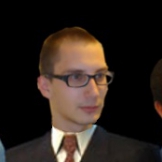
Aktuelno
Članak
New media strategy: Public servicing of the state
What's happening with our political leaders and their public appearances? There's something in miniatures of their politics that also reflects their attitude towards the state.
.jpg.webp)
By: Sead Omeragic
What's happening with our political leaders and their public appearances? There's something in miniatures of their politics that also reflects their attitude towards the state. When it comes to informing citizens, we have truly chaotic situation in BiH. Correct approach to the media and public is lacking, which is pity because that's what would have created a solution oriented climate in the society and help move things forward. Party and national affiliation are still the key criteria, while professionalism is less important. There are more and more of statesmen, and less and less of state...
Media system has never been established in this country since the war. A serious and constructive public has not been reaffirmed either. Just like we have three national politics, our media space is divided in the same fashion. The public media services and independent media have been the keepers of traces of our common heritage.
It has become obvious that political leaders avoid public TV stations. Just recently we saw a pretty good example when Bakir Izetbegovic gave an interview to a web portal - former weekly paper, on the topic of the lawsuit revision and content of the ICJ's letter. How come he did not give an interview to one of the two public TV stations? After all, those TV stations are far more available than any web portal.
Was that his choice? One logical question comes to mind: Why are public media services intentionally pushed aside? Does ignoring them by the politicians indicate the existence of some more serious strategy and different approach to media by the politics?
Media strategy in the RS where there's no Bosniaks whatsoever – is well known. What Covic is after is well known too. There's no doubt that only Bosniaks can stop final division of this country. Is avoiding the state media acceptance of the division concept and opening door to the new Croat channel? SDA vice-president, Sefik Dzaferovic, recently rejected the notion, saying that they have been too many divisions in this country.
Politicians would have to know that media help state to demonstrate its strength and level of development, particularly when media serve as the opposition, constructively regulating the public. The politics that makes selection of media, is keen on divisions. At the end of the day, political, party and national affiliations are media category. It is in that affiliation where begins and ends every type of corruption.
Relationship towards public RTV services has been step motherly, while at the same time, enormous amounts of money have been invested into new media projects without origin of money and motives being clear. Meanwhile, one printing media was shut down and continued working as digital media – web portal.
State owned media and their employees have been in survival mode for a while now. Political parties have been reforming – they privatize internal relationships and from small political organizations transform into organizations of joint interests. Their interests are articulated and directed towards private media which will serve the purpose of electoral campaigns and remaining in power. It is an environment in which state RTV or media professionalism cannot play any role.
#English
Najnovije
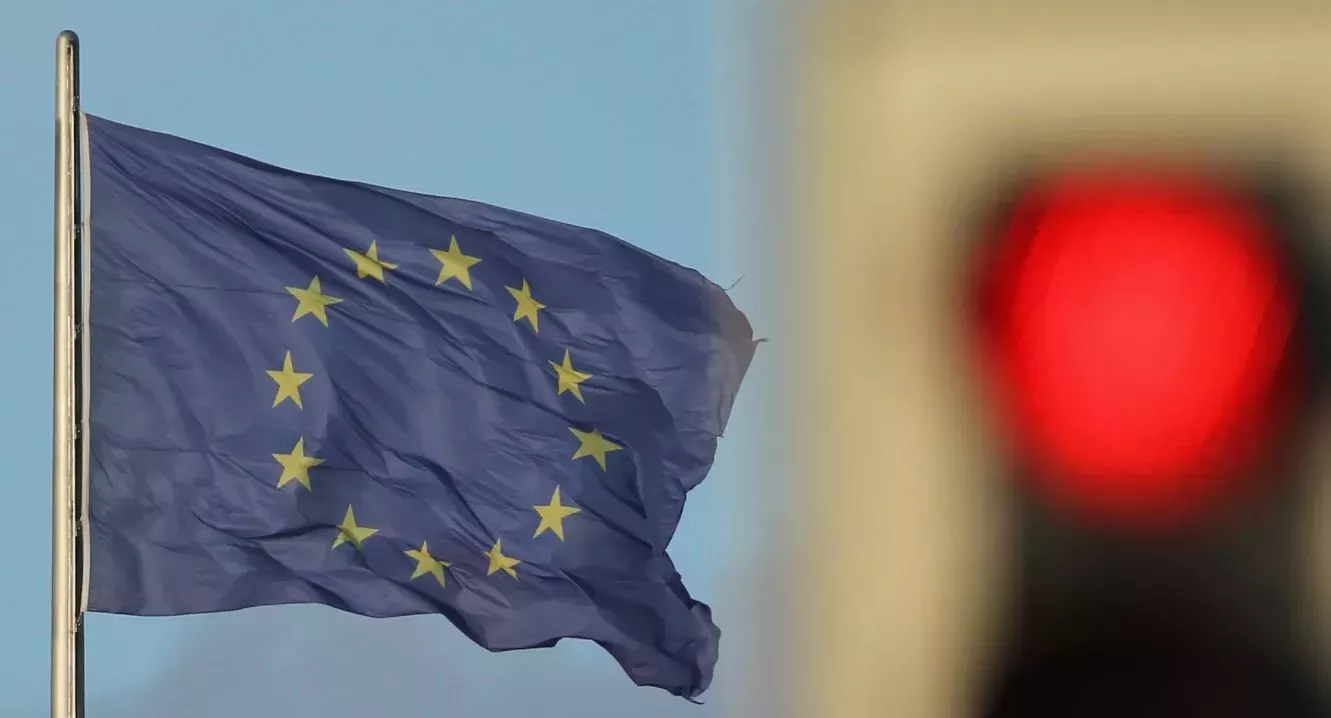
Brisel bez snage: Ako EU ne može obuzdati Mađarsku, kako će zaštititi BiH od Hrvatske?
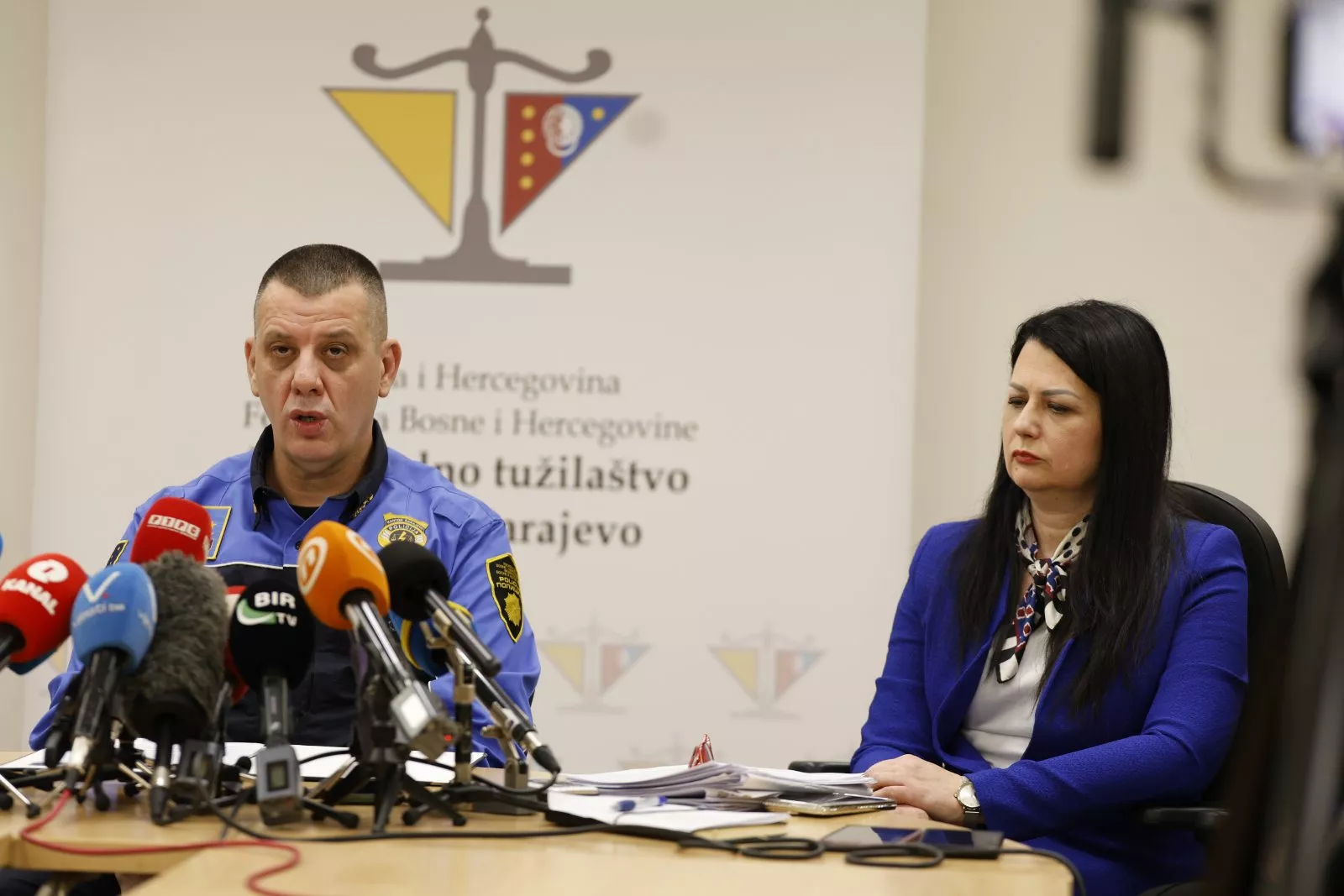
Javnost je očekivala odgovore, a Tužilaštvo i MUP KS su ih izgubili kada je pala podvala ‘vozač je kriv’!
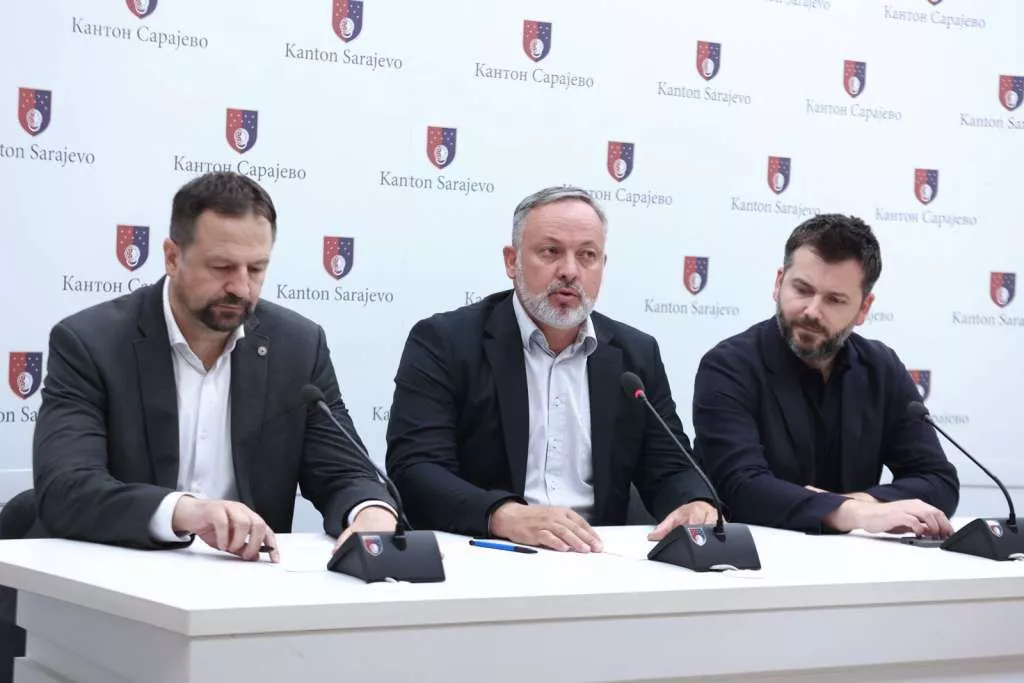
SDA, SBiH i DF: Trojka priprema prevaru građana, namjera joj je da Vlada KS nastavi raditi u tehničkom mandatu
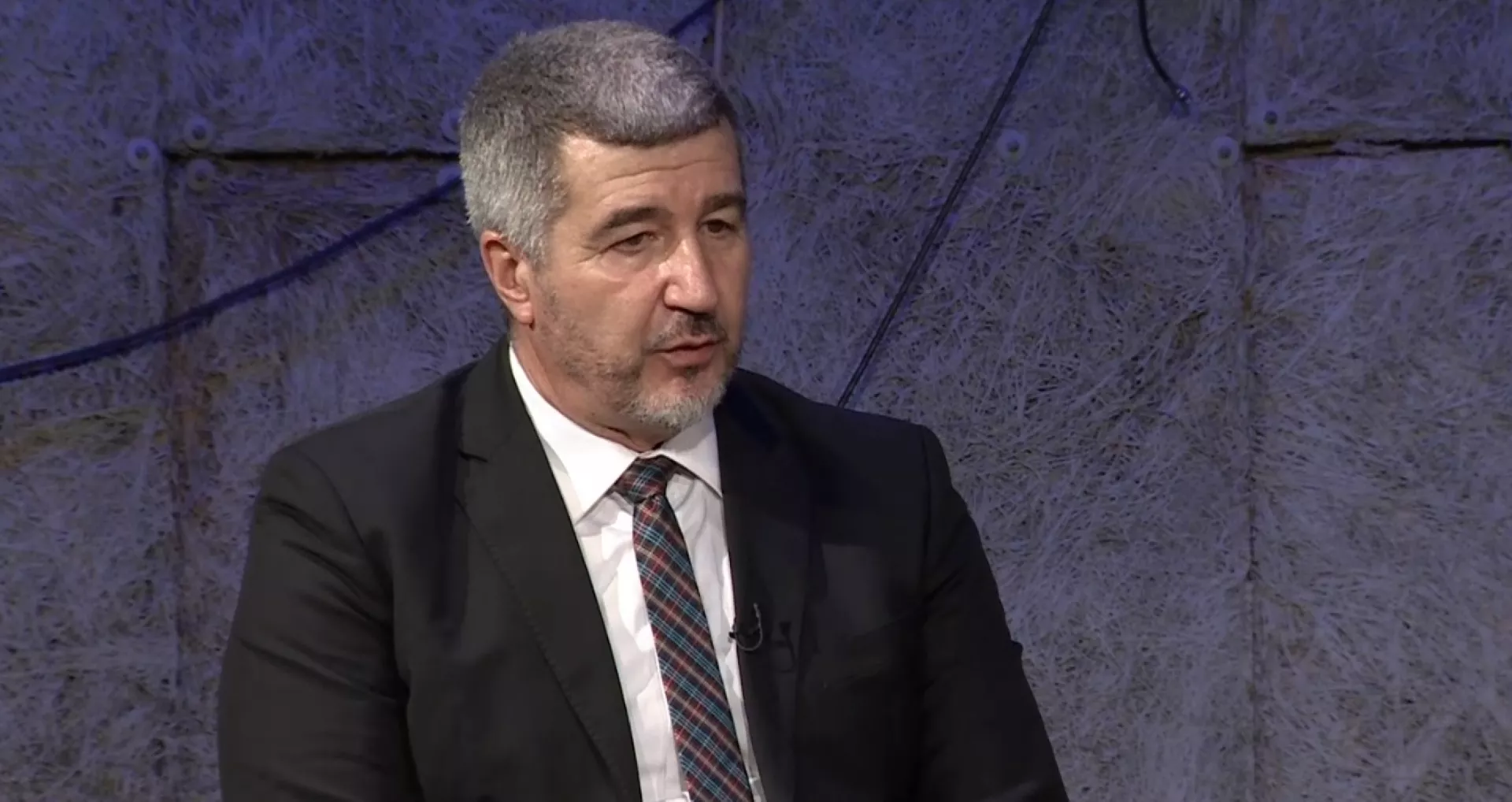
Karamehmedović: Sutra ističe rok koji nam je dala EBU, slijedi blokada računa i mogući kraj BHRT-a
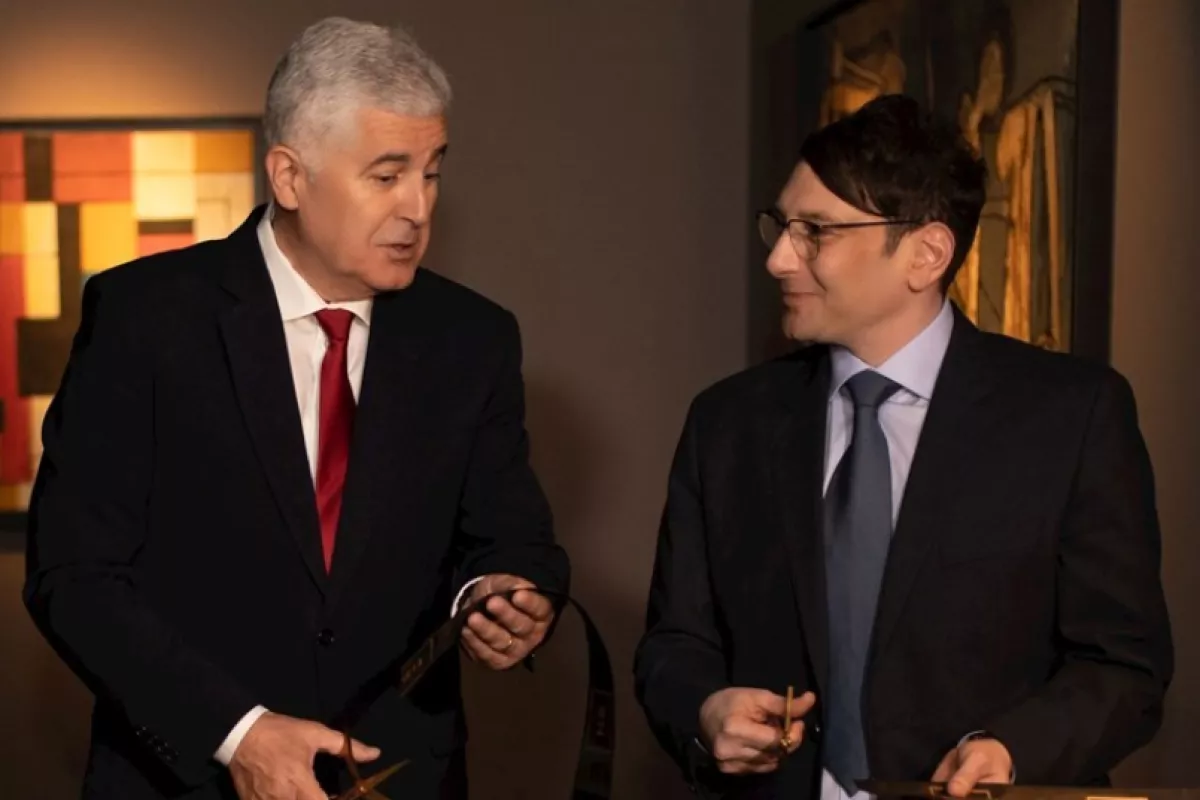
Južna interkonekcija na mrtvoj tački: Dok Kabiri obmanjuje Amerikance, predstavnici HDZ-a koče proces izgradnje
Najčitanije
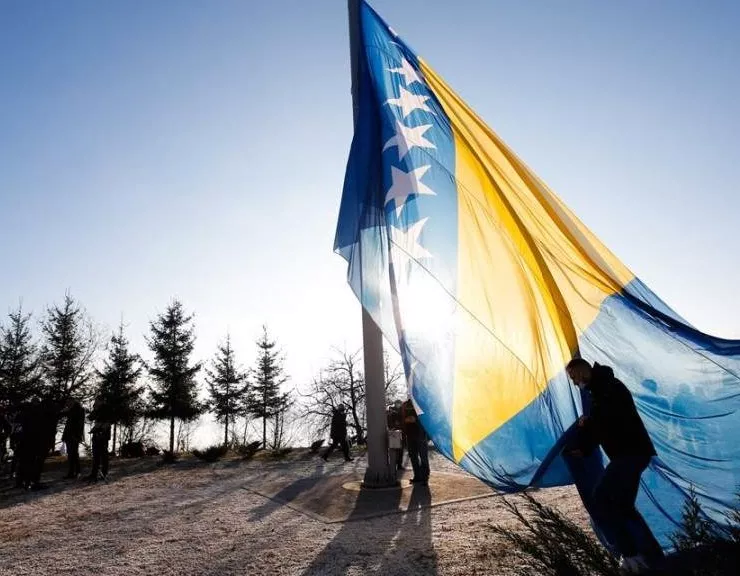
Dan nezavisnosti BiH obilježava se 1. marta i ne prenosi se, Hota-Muminović proglasila i 2. mart neradnim danom?
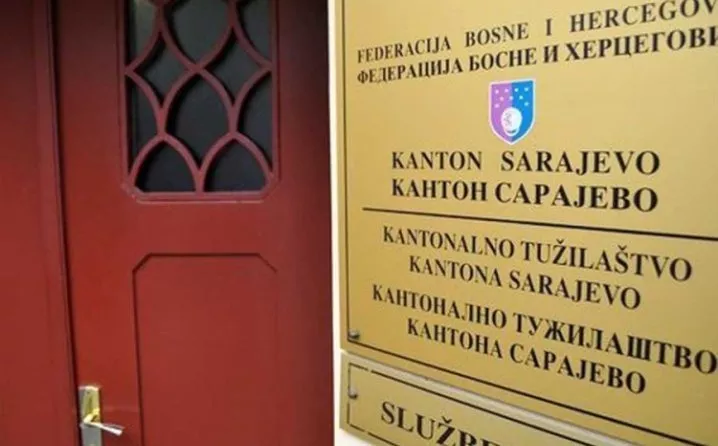
ŠTETA I UK NE ZNAJU Tužilaštvo KS neće provoditi istragu o dugu KJKP Gras zbog neplaćanja poreza i doprinosa
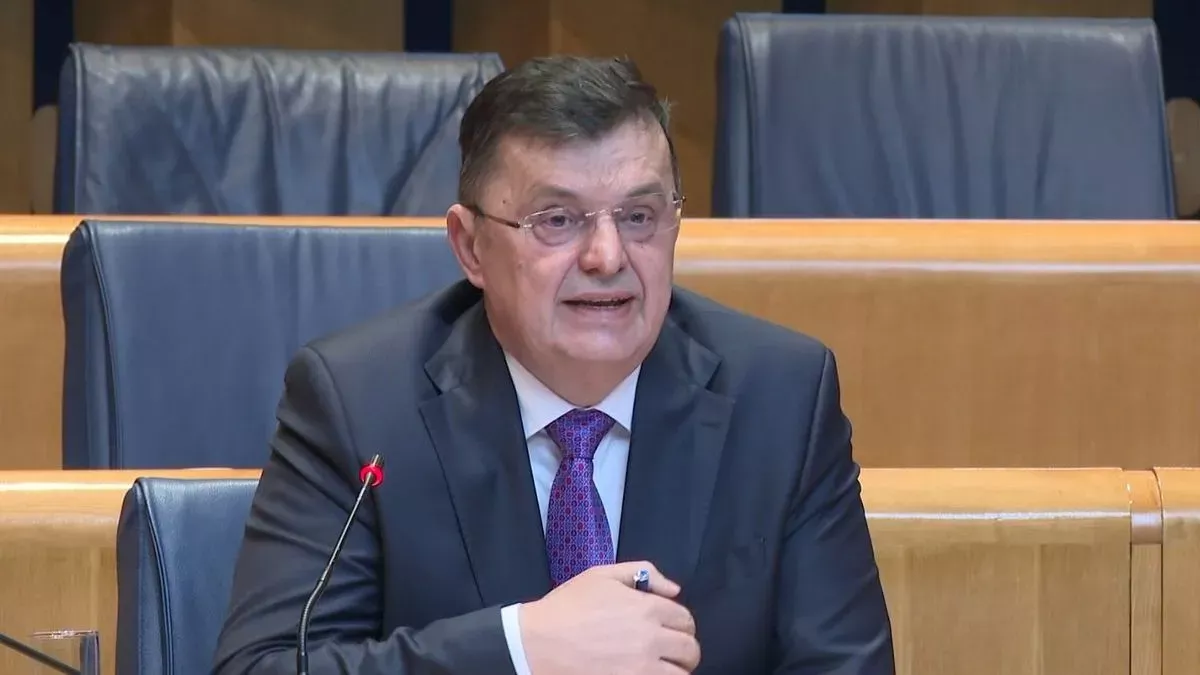
Komisiji za borbu protiv korupcije stigle prijave: Ko unaprijed gradi carinske terminale za UIO i kome se pogoduje
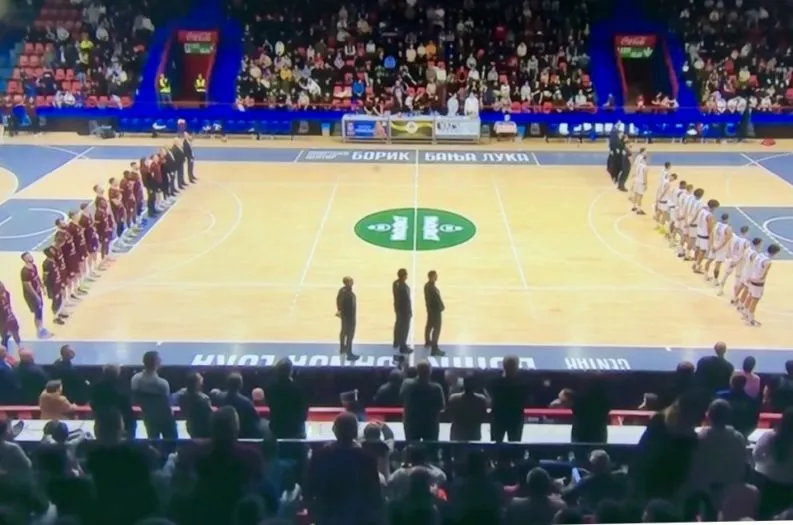
UTAKMICA BORCA I BOSNE U Banja Luci izviždana i prekinuto intoniranje himne BiH
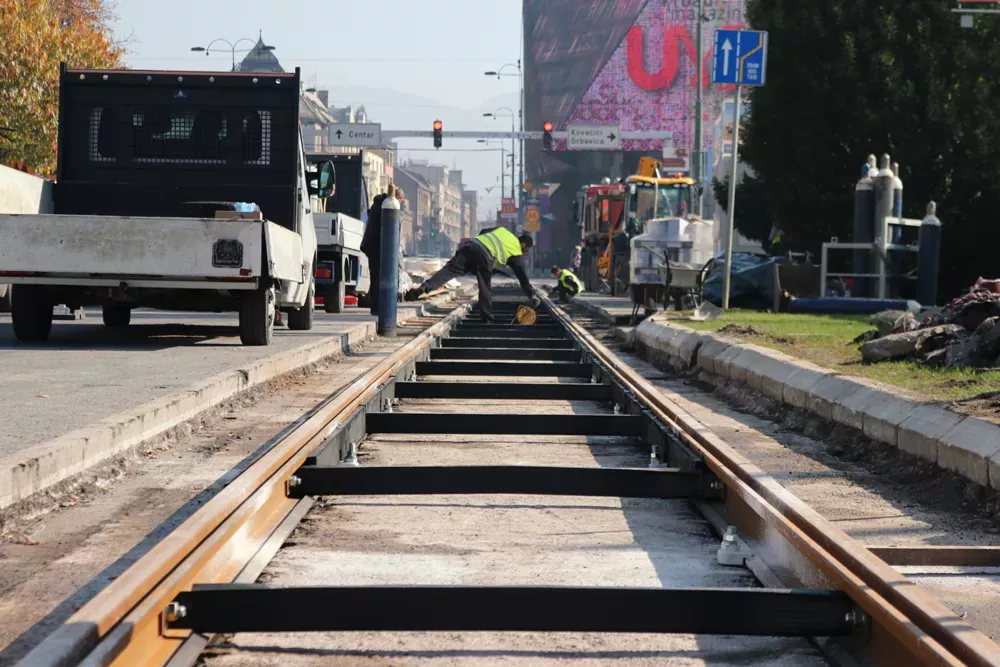
Vlada KS: Rekonstruisana tramvajska pruga ima sve upotrebne dozvole
